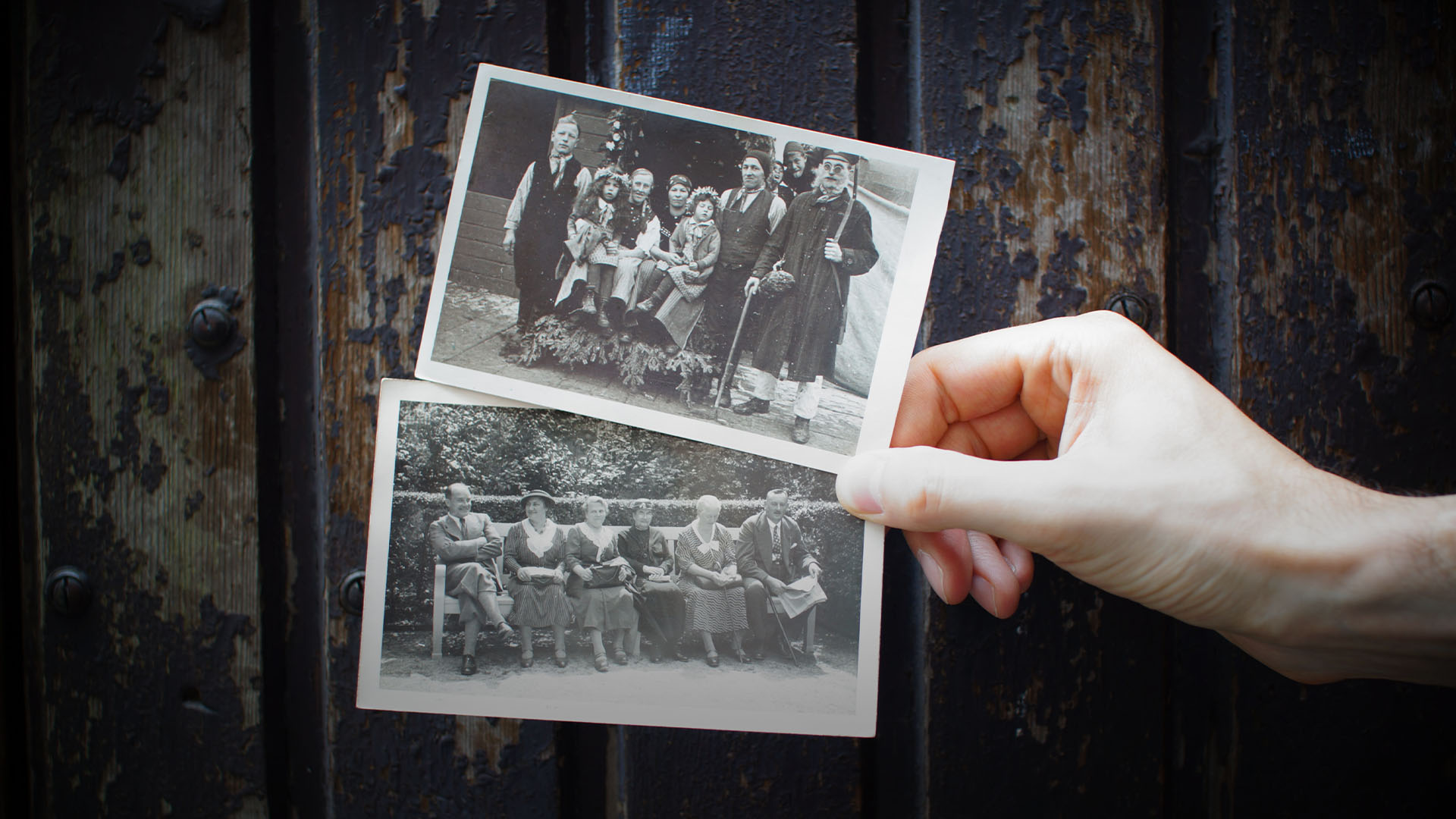Our family can either be the best blessing in our lives or the worst burden, but either way God always has a plan for them and us.
“You don’t choose your family,” Desmond Tutu, the archbishop emeritus of Cape Town, stated. “They are God’s gift to you, as you are to them.”
For those who grew up with rough or absentee parents, this may be a hard pill to swallow. How could Reverend Tutu honestly say this, as a church leader and human rights activist in a country troubled by a long and violent struggle against apartheid?
His words touch on a thorny truth, one that must depend on God’s sovereignty and our faith in God’s purpose to work all things for our good and his glory.
A Study in Family and Social Fears
A common story invoked about the importance of family is Mr. R.A. Dugdale’s study on Pastor Jonathan Edwards and a common young man called Max “Jukes.”
In the early 1700s, Max Jukes was born in the New York area. He was described as a jolly young man who disliked school and left home early to take up hunting but otherwise avoided work whenever possible.
Meanwhile, Jonathan Edwards was being groomed for college by his lively and intelligent sisters as well as his father who was a university tutor. He attended Yale College at the age of 13 and quickly became known for his steadfastness, loyalty and intellectual curiosity.
He married Sarah Pierpont, noting her cheerful disposition and that her spiritual devotion was without peer. They had 11 children together.
Many years later, Dugdale was working in the New York Prison Commission—ironically, alongside one of Edwards’ descendants—and he was startled to discover that many of his charges were related to the same man: Max Jukes.
He researched the family back five generations and found that, of the 1,200 Jukes he’d recorded, one in four was a beggar; another fourth died in infancy from negligence; 400 were physically wrecked in their youth by debauchery; 190 were prostitutes; 130 were repeatedly convicted criminals; 60 were habitual thieves; seven were murderers. “Only twenty of the 1,200 learned a trade,” he reported, “and ten of those learned it in the state prison.”
By contrast, Jonathan Edwards’ family tree was nearly as easy to trace, not because it was in police or prison records but because of people’s general pride at being able to claim that they were related to the Great Awakening preacher.
Of Edwards’ descendants, 100 were pastors, and another 100 were lawyers; 75 became military officers; around 65 were college professors, while another 13 became university presidents; about 80 became civil servants, and 60 were doctors; three U.S. senators and a vice president were also in his genealogy.
A Redemptive Power Unlike Any Other
The story about Edwards and Jukes has been used by many as a kind of cautionary tale about raising up children well and preserving the nuclear family unit.
The contrast between the two families is striking and a testament to how generations of family point back to a godly man and woman who built a family around their powerful faith in the Lord. In the Bible, we see something similar with King David and his family line that eventually produced Jesus.
However, the study was also used to justify euthanasia, forced sterilization and abortion practices in the early 1900s for people with low socioeconomic positions.
This happened, in great part, because the simplistic view of familial legacies neglects to account for how transformative God’s presence and work can be in a person’s life. Unlike the Bible, Max Jukes and Jonathan Edwards’ story gives no hope to those who are either trying to escape bad home situations or who feel like they’ve failed to meet high family expectations.
Almost to emphasize this point, many biblical figures came from less-than-stellar backgrounds.
Abraham’s family were avowed pagans. Jephthah’s mother was a prostitute. Noah wasn’t joined on the ark by anyone other than his wife and kids; that’s telling.
On the other hand, the Bible also tells about more than one person who took a very different direction than their God-fearing parents: Cain, Samson, Absalom and Samuel’s sons, just to name a few.
The God of Broken People
Christ isn’t about to throw up his hands in despair at the worst family backgrounds, and the best parents can’t guarantee that their children will choose to pursue God.
In the Gary Wilkerson podcast, Kelly Wilkerson joined her husband and son to speak about some of the family struggles as their son fought with drug addiction and how God worked through this situation.
Describing their heartache, she paused and gently added, “You know, it would fall on us, questions like ‘How could we have done something different? How could we have been better parents? Maybe we should have spent more time with them. Maybe we should have been harder on them.’ I mean, we would go through the checklist.”
After a long battle, their son emerged on the other side with a deep relationship with God and an incredible testimony of healing and divine love that never abandons us in the middle of the storm.
Now he works with teens who are wrestling with questions about God and the Bible.
Our God works with broken people. There’s always time for us to cry out, asking our heavenly Father to build a new legacy for ourselves and our children.
